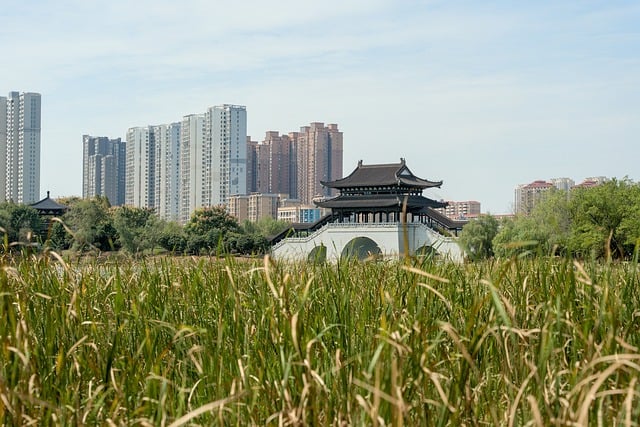In a world that is becoming increasingly aware of the need for environmental stewardship, the importance of sustainable gardening cannot be overstated. This practice not only contributes to our well-being but also fosters a vibrant community spirit. By embracing eco-friendly gardening techniques, we cultivate not just plants, but a lifestyle that prioritizes the health of our environment.
Imagine stepping into a garden rich with color and life, where every bloom and leaf plays a role in supporting local wildlife. Sustainable gardening practices encourage biodiversity, and when we create habitats for birds, bees, and butterflies, we are giving back to nature. Incorporating native plants into our gardens can significantly enhance the local ecosystem. These plants are often better adapted to the conditions of our area, require less water, and provide essential food for local fauna.
By focusing on organic gardening methods, we can also minimize our impact on the planet. This means forgoing harmful pesticides and synthetic fertilizers in favor of methods that enhance the soil and promote plant health naturally. Composting kitchen scraps and garden waste not only reduces landfill contributions but enriches the soil, creating a thriving environment for plants to flourish. This cycle of giving back to the earth reflects the essence of sustainable gardening.
The benefits of sustainable gardening extend beyond individual gardens; they ripple through the community. Sharing resources, seeds, and knowledge creates connections among neighbors. Community gardens have become hubs of engagement, where individuals from diverse backgrounds come together to cultivate not only land but relationships. Participating in or establishing a local garden strengthens community bonds and fosters a sense of ownership and pride in nurturing the environment.
Gardening in an eco-conscious manner also translates to better health outcomes for the community. By growing our own fruits and vegetables, we gain access to fresh, chemical-free produce, which is beneficial for our bodies and our planet. This shift towards local food production reduces our carbon footprint by minimizing the distances food travels from farm to table. Additionally, engaging with nature through gardening has been shown to decrease stress and promote mental well-being, helping us all lead healthier, happier lives.
To truly nurture a greener community, we must embrace sustainable gardening as a collective effort. This includes advocating for policies that support green spaces, promoting education on sustainable practices, and encouraging others to get involved. By hosting workshops or educational events, we can inspire others to adopt eco-friendly techniques while fostering a love for nature and gardening among community members.
As we look forward to a sustainable future, let us remember that every small step counts. Whether you are planting a single herb on your windowsill or dreaming of a community garden that spreads across your neighborhood, your effort is vital. Together, through sustainable gardening practices, we can transform our community into a flourishing oasis that not only beautifies our surroundings but also nurtures our planet. Let’s cultivate a culture of sustainability that benefits both people and nature, ensuring a healthier environment for generations to come.




